Seminars
Upcoming Seminars
Stay tune!
Past Seminars
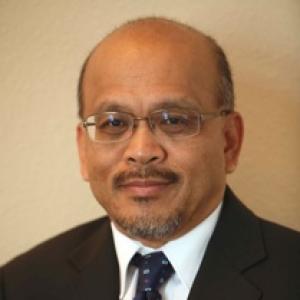
Coupled Geomechanics and Two-Phase Fluid Flow Aspects of CO2 Geological Sequestration
April 09, 2018 - 12:00 pm
Speaker: Professor Marte Gutierrez
CO2 geological sequestration (GS) in saline reservoirs involves several interacting processes. One of the processes is two-phase immiscible fluid flow which occurs when CO2 gas as the non-wetting fluid phase displaces saline water as the wetting fluid.

Damage of Bridges in 2016 Kumamoto Earthquake
March 14, 2018 - 12:00 pm
Speaker: Professor Shuichi Fujikura
The 2016 Kumamoto Earthquake occurred in central Kyushu, Japan, on April 14th with Mw 6.2 followed by the Mw 7.0 main-shock on April 16th. These earthquakes were mainly caused by the Futagawa fault and Hinagu fault where surface ruptures extended about 34 km long.

Life Beyond Graduation: Insight on Building Your Career in Structural Engineering
February 28, 2018 - 12:00 pm
Speaker: Thomas Smith
In this presentation, Thomas will discuss his experience transitioning from school life to working life within the Structural Engineering field. He will provide suggestions for how to land your first job and will describe his experience when he first started working in the profession. He will discuss some of the challenges that he has faced in his career and how he worked to overcome them.

Design and Construction of Borinquen Dam 1E for the Panama Canal Expansion
February 26, 2018 - 12:00 pm
Speaker: Dr. Lelio Mejia
Dr. Lelio Mejia will present an overview of the Panama Canal Expansion Project and of the dams that form the new Pacific Access Channel, known as the Borinquen Dams. The expansion project has approximately doubled the Canal’s capacity and allows the largest cargo and passenger ships in the world to transit through the historic waterway. Dr.

Bridging Multiple Structural Scales with a Generalized Finite Element Method
February 07, 2018 - 12:00 pm
Speaker: Professor C. Armando Duarte
Interactions among multiple spatial scales are pervasive in many engineering applications. Structural failure is often caused by the onset of localized damage like cracks or shear bands that are orders of magnitude smaller than the structural dimensions. In this talk, we present a Generalized Finite Element Method (GFEM) based on the solution of interdependent macro/global and fine/local scale problems.
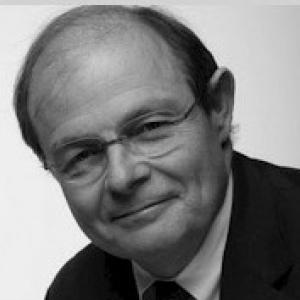
Understanding Resilience Through a Musical Anthology
February 05, 2018 - 12:00 pm
Speaker: Ramon Gilsanz
This presentation will provide easy-to-understand explanations for the science behind earthquakes, seismic design, and why different buildings can have dramatically different responses to the same earthquake. Attendees learn about how many parallels can be drawn between music and the seemingly abstract science behind earthquake engineering.

The Professional Landscape & Your Career Path - What Awaits You and What you Need to Know
January 31, 2018 - 12:00 pm
Speaker: Peter Behnam
With so much focus in school on the technical aspects of our profession young engineers on the verge of entering the workplace generally know very little of what is ahead.
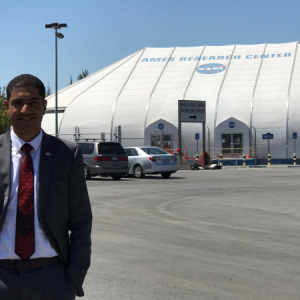
Next Generation Aeronautical Engineering Designs: Exploitation of Unsteady Aerodynamics and Nonlinear Flight Mechanics
January 22, 2018 - 12:00 pm
Speaker: Professor Haithem Taha
Aeronautical engineering designs have been discreetly following conventional designs over the last century.
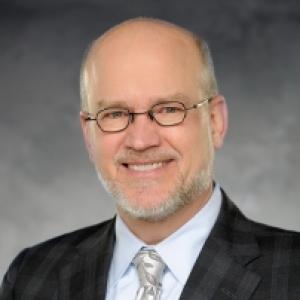
You Can't Turn Gravity Off: Case Studies of Structures Falling Down or Floating Up
January 10, 2018 - 12:00 pm
Speaker: Conrad Paulson
In California, design for seismic effects is typically at the forefront of the structural engineer’s mind. However, from time-to-time, gravity-related load effects result in poor structural performance. Several structural investigation case studies are presented were portions of structures have failed, or almost failed, or in one particular case, floated up, arguably under the effects of gravity.
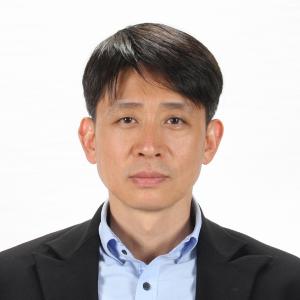
Topology Optimization: Basic Theory, Application, and Challenges
December 04, 2017 - 1:00 pm
Speaker: Professor Gang-Won Jang
Since the pioneering work of Bendsøe and Kikuchi in 1988, tremendous amount of researches have been conducted on topology optimization (TOP), so that the level of completeness of the optimization method almost arrives at the final stage.
